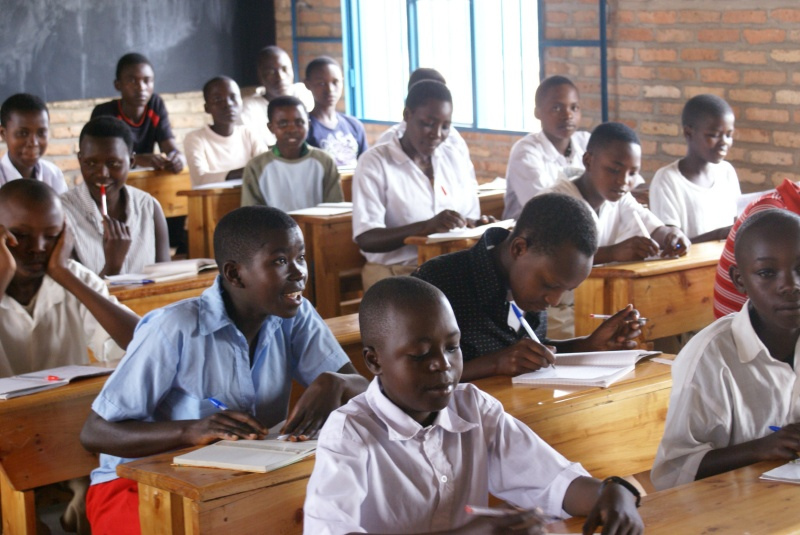Cooperating with Multilaterals for Global Education

By: Kevin Kalra, Senior Project Coordinator, Global Business Coalition for Education
The GBC-Education policy brief – “Cooperating with Multilaterals for Global Education: Opportunities for the Business Community” – will be launched at the Global Partnership for Education replenishment event on 26 June in Brussels.
More than 58 million children of primary school age are out of school and at least 250 million children cannot read or write. These challenges impede business growth and limit the development of local communities and nations.[1]
Business can help change this. By working with multilateral organizations and supporting multilateral, multi-stakeholder priorities, the business community can engage with governments, civil society, and education professionals and others to address the growing education crisis in a coordinated way.
Multilateral partnerships and agencies like the Global Fund to Fight AIDS, TB and Malaria, The GAVI Alliance, UNICEF and the Global Partnership for Education, coordinate and leverage international resources to achieve development goals and have been essential to scaling up access to life-saving interventions.
Multilateral partnerships present opportunities for business to increase access to quality education, ensure sufficient resources for education and build the capacity of education systems. But greater support is needed to bolster and complement multilateral efforts as total aid to education continues to decline[2] and does not always target those greatest in need.[3]
A recent Brookings Institution study identified five areas where multilateral organizations could improve their effectiveness in delivering basic education. These include (1) inspiring demand for more support for education; (2) creating high-level strategic dialogue to target countries in need; (3) improving information on financial data; (4) catalyzing domestic resources; and (5) crowding-in innovative financing. Given these recommendations and the assets of the business sector, there are several opportunities for multilateral organizations to benefit from greater engagement with business to achieve mutual social and business objectives.
We recommend four areas of cooperation between the business sector and the multilateral agenda to accelerate progress on getting all children and youth into school and learning:
1. Catalyze domestic financing and create demand for education.
2. Support education with core business.
3. Develop products and services aligned with multilateral priorities.
4. Increase financing and contribute funds.
The GPE Replenishment in June 2014 is an ideal opportunity to bring the business community together with multilateral organizations to identify how the recommendations in this paper can but put into practice. Given the mutual benefit of investing in education for both business and society, business should engage with multilaterals to develop the skills, talent and potential of every child and young person.
Photo © GPE/Dan Petrescu
